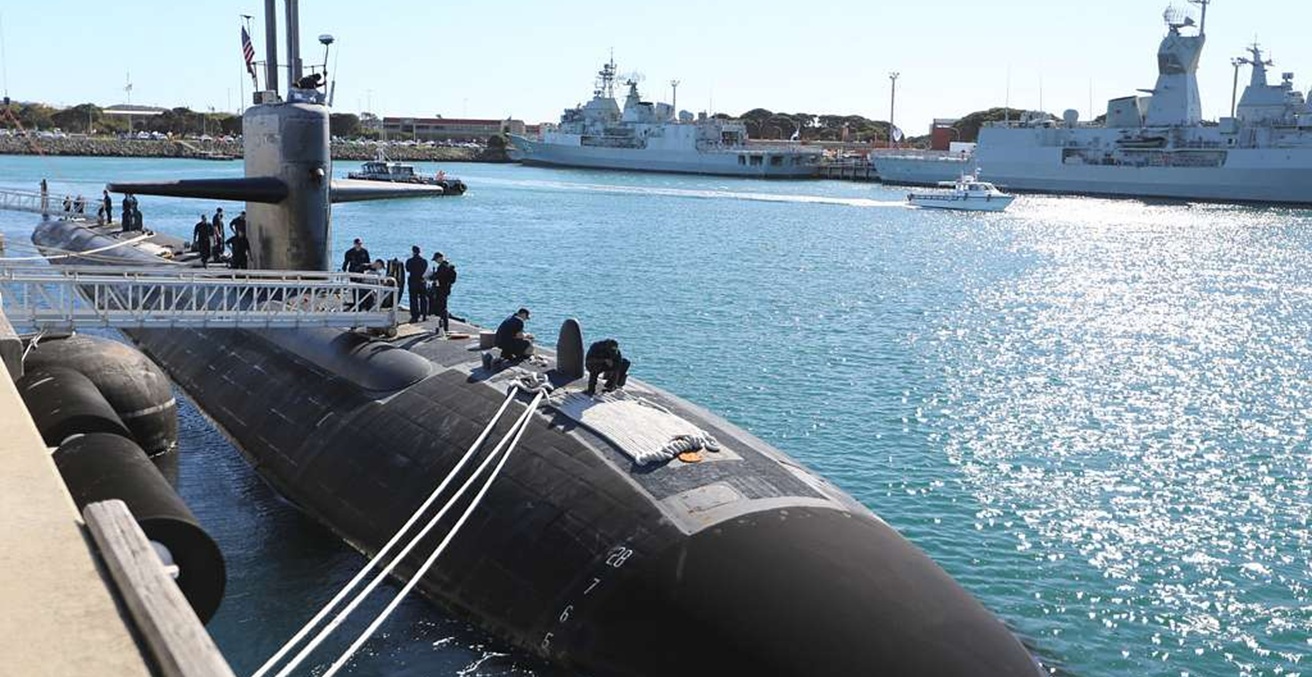China’s long-standing partnerships in Africa show little evidence of decline. As China increases its political and economic influence over the African continent, is the fate of China-Africa relations sealed?
Last month, the Eighth Ministerial Conference of the Forum on China-Africa Cooperation (FOCAC) was held in Dakar, Senegal, with many African ministers in attendance and Xi Jinping participating via video call. The meeting saw China commit at least US$40 billion to African nations for projects relating to agriculture, climate and environment, health, security, and trade promotion. Xi’s promise of change to the African continent through resources-for-infrastructure programs is perceived as a “win-win” partnership by Beijing and widely well-received among African leaders.
Over time, FOCAC meetings have seen greater input from African leaders and references made to the African Union’s Agenda 2063. China’s relationship with the African continent has been focused on shared long-term goals, as the purpose of these meetings is to consult with African leaders to coordinate Chinese foreign policy objectives in Africa. China appears to be aligned with African countries through the rhetoric of equal development and anti-Western-style capitalism. It seeks to build a pan-African trade system and eradicate poverty for a large proportion of the population. Previous FOCAC meetings have seen China commit up to $60 billion, and the factors leading up to such commitments are still very much present today.
Since the establishment of FOCAC in 2000, trade between African nations and China has increased twentyfold. For 12 consecutive years, China has been the largest trade partner of the African continent, and Chinese foreign direct investment (FDI) to Africa has exceeded the US since 2014. The South China Morning Post calculated China’s lending to Africa since 2000 at $153 billion. China’s largely increased presence in Africa has undoubtedly supported economies across the continent. There are over 1000 active Chinese companies in Africa, many privately owned with the freedom to operate on market terms, approximately 200 Chinese-financed projects, including power generation, telecommunications, real estate and mining, and one million people of Chinese descent living in Africa. However, bilateral trade levels are largely imbalanced. Despite a 46.3 percent increase of African exports to China from January to July 2021, only around four percent of all Chinese imports come from African nations.
Political Influence and Encroachment
Though the dependence of many African countries on China is greatly exacerbated by the trade imbalance, this is not inherently a cause for concern. Many countries, including Australia, are economically dependent on Chinese markets. However, the high level of regional influence that China has built across the continent through industrialising endeavours is unsettling. China’s Belt and Road Initiative (BRI) has been significantly established in the region, with developments occurring in 40 African countries.
The physical encroachment of Chinese state-owned enterprises (SOEs) and developments have wider political implications. For example, in 2020, no African country signed a rebuke of China’s human rights violations across Tibet, Hong Kong, and Xinjiang. That same year, a vote at the United Nations Human Rights Council (UNHRC) on China’s controversial Hong Kong national security law saw 25 African nations back China’s policy. As African nations strengthen their relationships with China and continue to build solidarity partly on the premise of anti-Western ideals, we are seeing a voicelessness in some African leaders when it comes to criticising China. Thus, the political implications of African nations’ partnerships with China are being felt in matters of international concern.
Debt-Trap Diplomacy
Critics view China’s partnership and significant investment in Africa as a form of “debt-trap diplomacy” — saddling African nations with debt to develop greater political sway over the region. Chinese FDI is advantageous for Africa as Chinese loans are backed by state-owned companies and banks that offer longer-term horizons for investment. In contrast, development loans available from other major powers such as Europe, the US, or Japan, are financed by private, independent companies. Chinese investment is more attractive than investment from other private actors because grants are commonly available, and many loans are concessional or subsidised by the Chinese government. This is obviously enticing to debtors.
However, one of the biggest alarm bells regarding Chinese trade and development is the lack of transparency surrounding Chinese contracts. Specific sections in the contracts legitimately raise concern over the sincerity of Chinese financial loans. The presence of confidentiality clauses prevent the borrowing nation from disclosing terms or the existence of debt, and unclear interest rates and the inclusion of cancellation and acceleration clauses allow lenders — Chinese banks and state-owned businesses — to influence the domestic and foreign policies of debtors. China also does not fully disclose the official amount of their international lending. As such, it is unclear exactly how much money is going to certain countries or projects, and what the collateral is, or will be, to the borrowing country.
Benefits to the African continent
However, climate change and vaccine diplomacy, among other things, were the focus of this year’s FOCAC meeting. Many African nations’ partnerships with China provide a path to recovery from the COVID-19 pandemic. Through industrialising African economies to adapt to the cost of localising supply chains, and the rise of e-learning and digital trade, Chinese developments in Africa are not solely extractive. Many of the developments are creating short-term jobs and providing much needed technology and infrastructure.
At last month’s meeting, Xi pledged to raise the vaccination rate of the continent’s population across from just seven percent to 60 percent through the provision of one billion vaccine doses — 600 million donated, and 400 million produced in partnership with African firms — and the deployment of 1,500 Chinese medical personnel. At a time when recovery from the pandemic is increasingly uneven across the continent and as compared to the rest of the world, there is immense pressure to rebuild African economies. Thus, the Chinese aid pledge at FOCAC 2021 has fortified China’s commitment to wellbeing across the continent beyond trade and investment.
The strength of China’s partnerships is evident in the widely positive perception of Chinese development across Africa. A survey carried out by pan-African research institute Afrobarometer shows 59 percent of respondents across 18 African countries perceive Chinese political and economic influence in the region as positive. Despite growing international scrutiny over the trade partnership, the African people do not appear to harbour the same sense of distrust.
Conclusion
After two decades of consistently high spending and investment, it is conceivable that China’s activity in Africa will eventually slow. This projection is consistent with the decline of other BRI projects across the world as the pandemic continues to take its toll on Chinese and global economies. However, given the entrenchment of China in African economies, it is unlikely that a reduction in Chinese financial commitment — if it occurs — will result in a weakened relationship with African nations.
The next few years will be crucial for planning the direction of Chinese relations with African countries. As nations have struggled to tackle the pandemic, and the clock ticks for countries to develop adequate climate change policies, we have seen a shift in international priorities. The gaps in infrastructure have widened due to the pandemic, and China has seen an opportunity for business investment and building trust in the region. If China continues to strategically promote green development and vaccine and health diplomacy in Africa, the ongoing partnerships may help to shape the future of the African continent.
Niki Beri is a fourth-year student at the University of Sydney, studying a Bachelor of Arts / Bachelor of Advanced Studies (Politics and International Relations, Music). She has volunteered in numerous roles with non-profit organisations and is currently a Parliamentary Liaison at Jasiri Australia, facilitating the NSW Girls Takeover Parliament program. Through her studies and experience she has developed a keen interest in human rights, ethnic conflict and women’s issues and rights. Niki is currently an intern at AIIA NSW.
This article is published under a Creative Commons Licence and may be republished without attribution.




